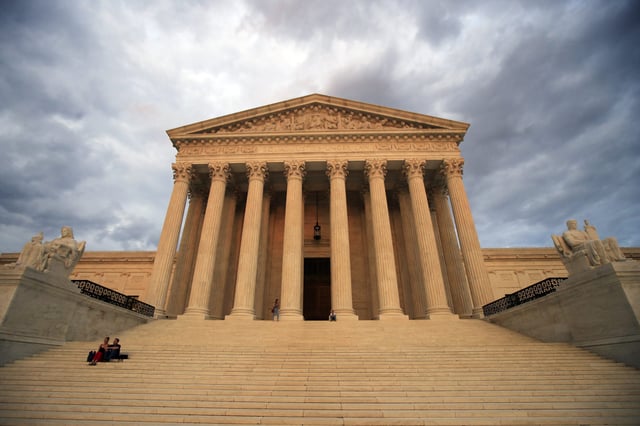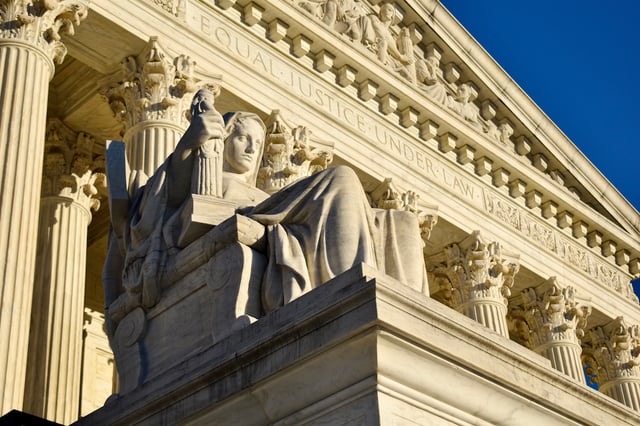Overview
- The U.S. Supreme Court is currently hearing a case that could have implications for the future of wealth taxation in the country. The case, Moore v. United States, involves a couple challenging the constitutionality of the mandatory repatriation tax, a one-time levy on certain unrealized foreign assets included in the 2017 Trump tax cuts.
- The mandatory repatriation tax is seen as a rare example of a wealth tax, and depending on the Supreme Court's decision, it could either pave the way for more aggressive wealth taxation or lead to massive government refunds to companies like Apple, Microsoft, Pfizer, Johnson & Johnson, and Google.
- The plaintiffs, Charles and Kathleen Moore, argue that their tax bill is unconstitutional because the Sixteenth Amendment, which gives Congress the power to tax income, covers only profits that have been realized, meaning banked when an investment is sold for profit.
- The case has attracted attention due to its potential implications for future wealth tax legislation. Some believe a ruling in favor of the Moores could hinder efforts to close tax loopholes for the wealthiest Americans.
- Despite the potential implications, the Supreme Court justices seemed reluctant to make a broad ruling on wealth taxation, and instead appeared to be leaning towards a narrower decision related to the specific tax provision in question.



